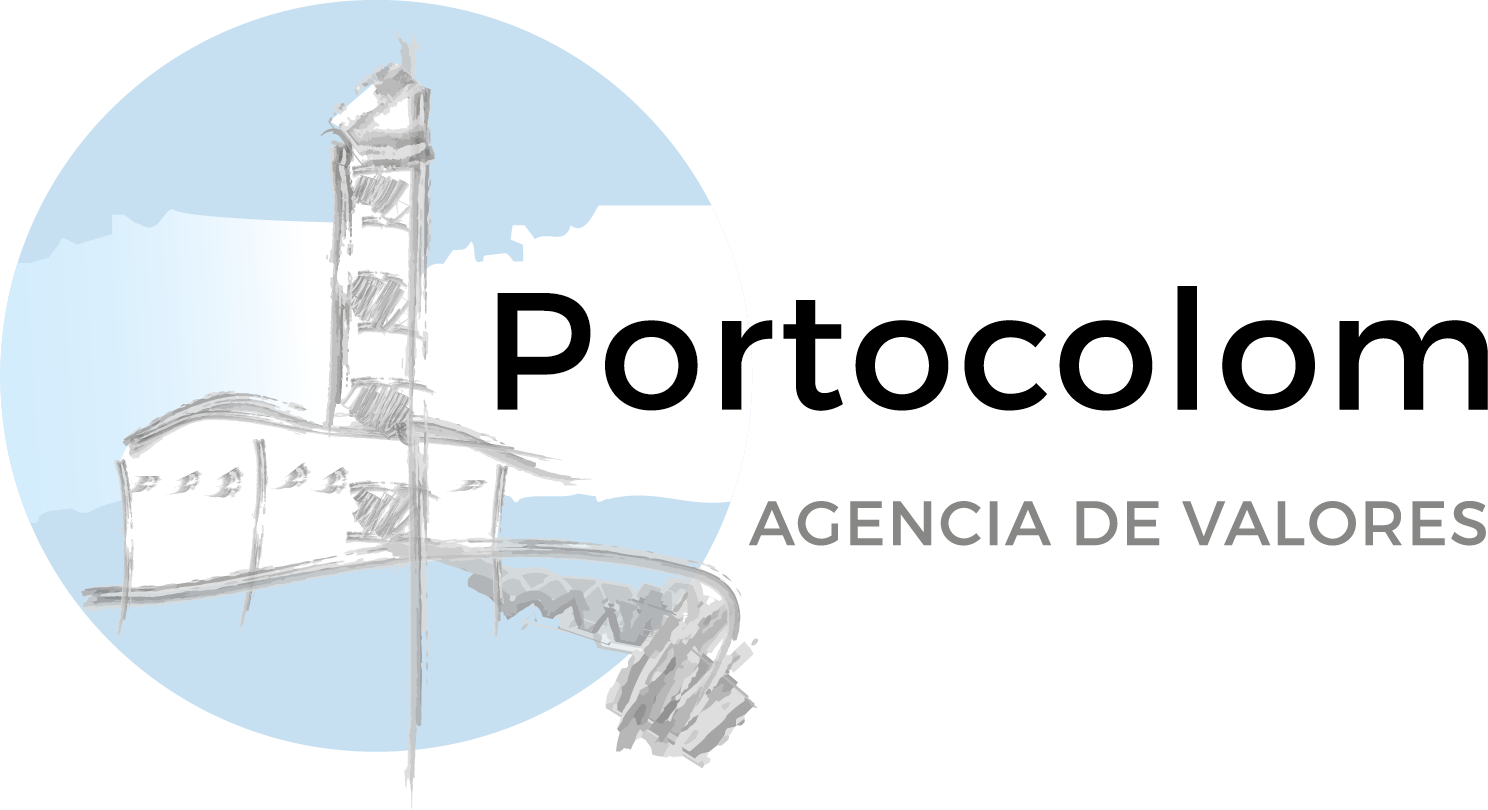Living longer and better: how can AI help us?
By Patricia Vara
María Branyas, the Spanish woman who lived to be 117 and died in 2024, has been in the news recently. In 2023, she became the oldest living person in the world. A scientific study has recently been published that attempts to shed light on the possible causes of her longevity through the multidisciplinary studies that María voluntarily underwent in the last years of her life, which can be summarized in the following key points: a very powerful immune system, with hardly any inflammation, combined with a biological age 23 years younger than what her identity document stated. This is therefore a truly extraordinary case, as her exceptional biology is complemented by a life free of harmful habits and full of activity and sociability. This shows us that our conception of aging as equivalent to illness does not have to be the case.
And perhaps the world of technology can help us in this regard, as it is writing a new chapter on how to live longer and better. Artificial Intelligence (AI) is quietly transforming medicine: there are already examples of rapid drug design with more efficient clinical trials; early detection of diseases through the study of medical history databases even before symptoms appear, as it can analyze millions of clinical data in seconds and allows for the design of personalized treatments. There are already models that can even predict susceptibility to disease decades in advance. AI is even being used in radiology, medical imaging, and pathology to detect abnormalities more quickly and accurately, reducing false negatives or late findings that save lives.
In conclusion, thanks to AI, it is now possible to identify patterns that the human eye would never see. From early diagnosis of cancer or Alzheimer’s disease to robot-assisted surgery or predictive systems that anticipate cardiovascular risks. What seemed like science fiction just a decade ago is now improving the quality of life for millions of people.
However, we cannot ignore the fact that these advances also pose a profound challenge: unequal access. Medical innovations based on artificial intelligence are expensive, and there is a risk that only those with greater resources will be able to benefit from them.
True sustainability requires that progress be shared, that technology reduce social gaps rather than widen them. Therefore, investing responsibly also means committing to innovation models that guarantee equity and accessibility, so that the right to a longer and healthier life does not depend on economic status, but on the dignity of each person. In the field of health, this translates into supporting companies that develop innovative medical solutions with a responsible approach: respectful biotechnology, secure healthcare digitization, and research focused on prevention and not just economic profit. Investing in these initiatives not only boosts the economy, but also fosters a healthier, more caring society that is prepared for the future.
Artificial Intelligence, when used properly, can become an excellent tool at the service of humanity. It is not just about prolonging life, but about prolonging the quality of that life, helping us to age with health, autonomy, and dignity. And perhaps in a few years’ time, the story of María Branyas will no longer be an exception, but an achievable example for many.



